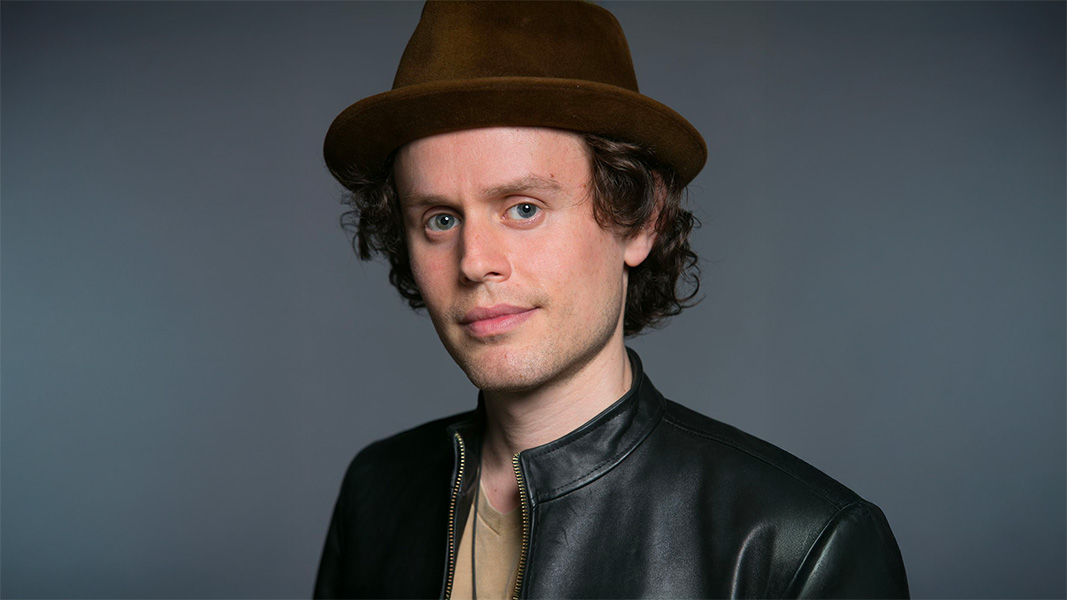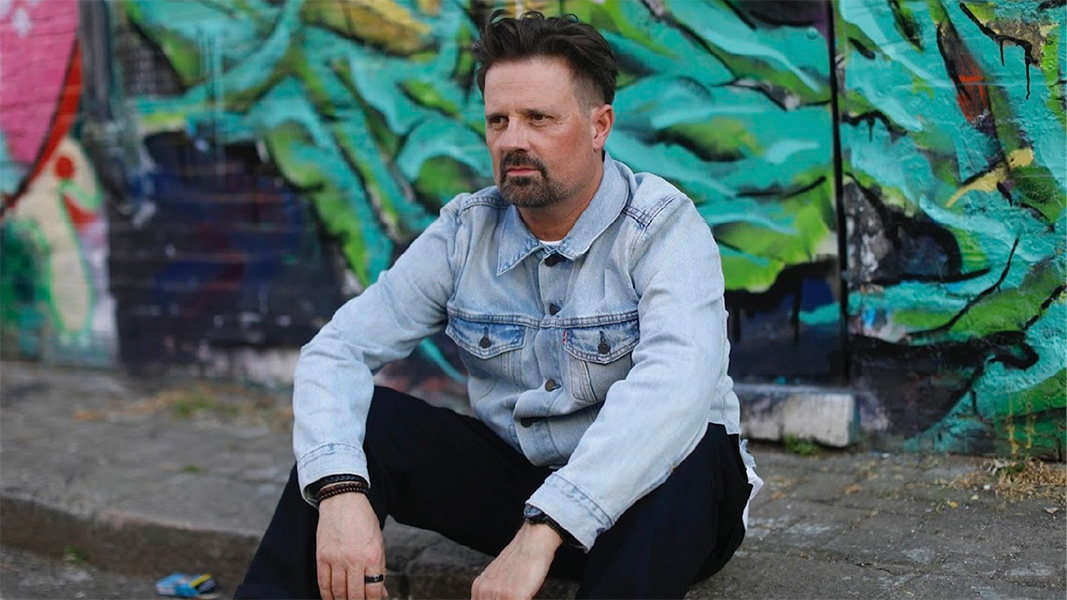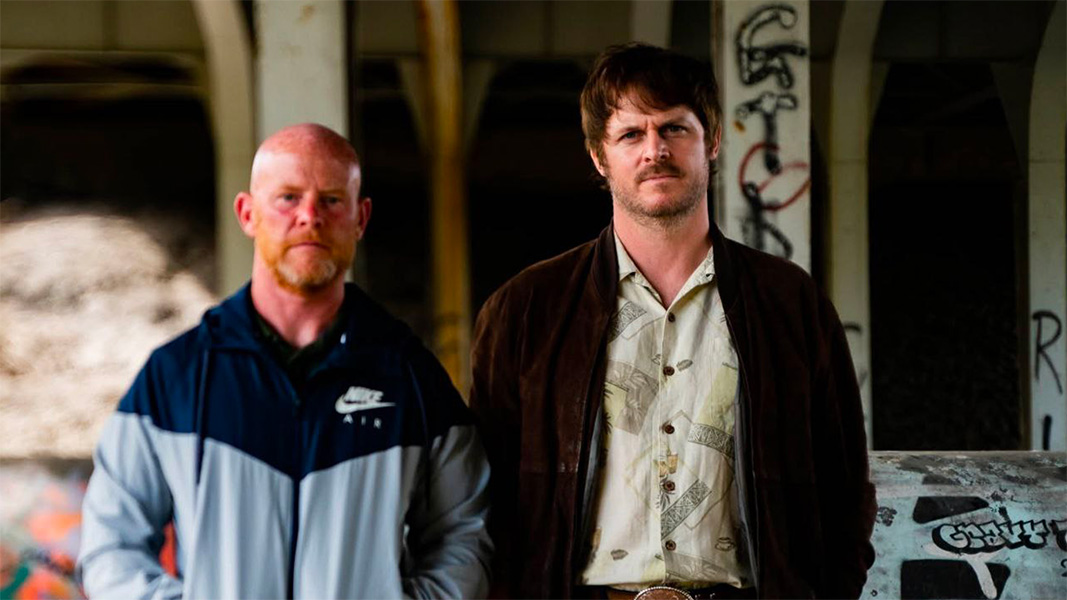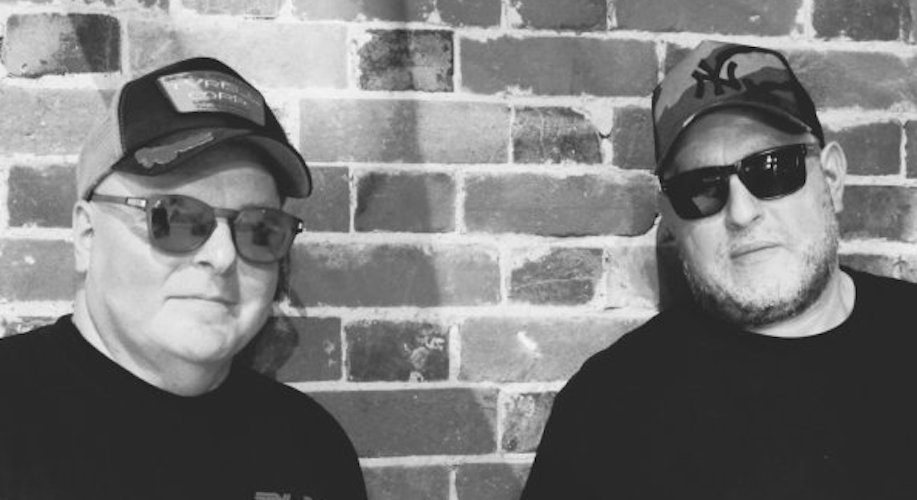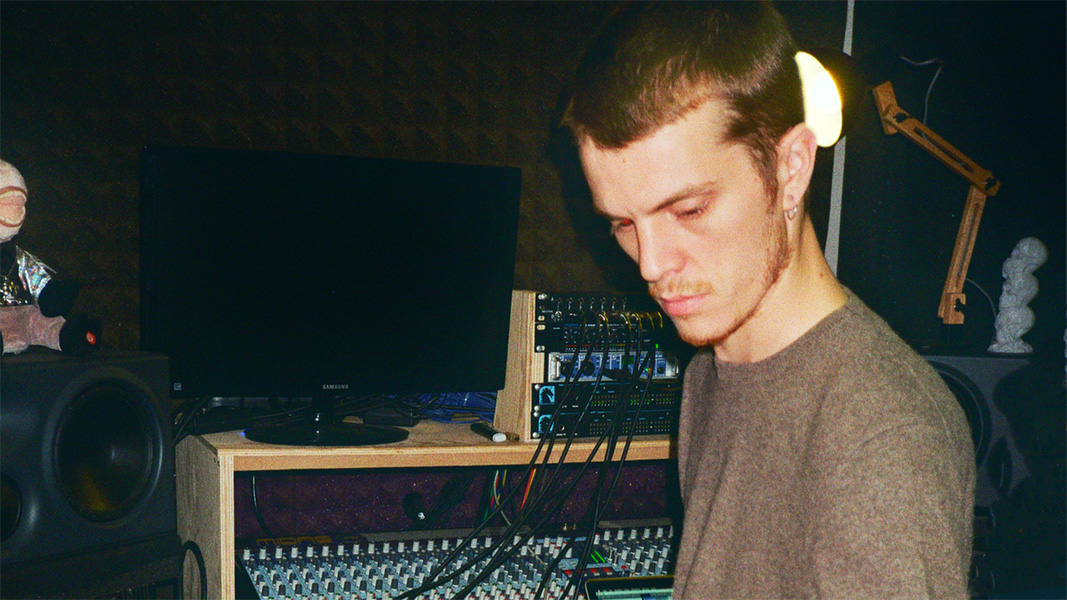Onysia celebrate their 10th release with a monster Remix EP ‘Pretty Girls Don’t Dance’ featuring DJ Sneak, Tripmastaz, Dorian Paic, J Gabriel, Sascha Dive, Delano Smith and Rick Wade!
Hot off the back of this bumper new remix package, we sat down with the main man behind the project, J Gabriel, to discuss putting the EP together, early influences, the state of the scene, and more!
WWD: Greetings J Gabriel, great to meet you! What’s happening in your world at the minute?
Well I just this moment unboxed a package from Disco Pogo containing two books, one a tribute to Aphex Twin the other to Daft Punk. Really nice hardcover collectors items filled with articles, interviews, etc really excited to receive these and dig in a bit… I love music periodicals like Wax Poetics and more recently Disco Pogo.
WWD: Congratulations on releasing the ‘Pretty Girls Don’t Dance Remixes’ EP. Can you talk us through the release and choice of remixers?
Thanks! Yeah, this project came together over the course of several years, really. It’s been a long time coming, just waiting for the right moment to release. Well it’s some of me and Emilio from Moteurville Musique’s (Detroit label) favorite producers. We basically got together and thought of what the ideal roster of remixers would be and went for it. Delano Smith and Rick Wade remixes were done for the original release, and then we wanted to follow up with a remixes EP which is when DJ Sneak, Tripmastaz, Dorian Paic and Sascha Dive came into the picture. They stopped doing the Moteurville Musique label so I inherited the release for Onysia. I’m quite proud of the final product here, as it spans a nice range of styles and everyone really brought a special quality to the release.
WWD: You are both, J Gabriel & Chuffing Buffy – can you describe the differences between each alias and what they both bring to your sound?
J Gabriel has always been rooted more in a Deep House foundation, and when I started doing more weird twisted and minimal stuff, it felt appropriate to invent a separate moniker – Chuffing Buffy.
WWD: Onysia is your own record label and now onto its 10th release. What was the inspiration to start your own label?
Well I put a lot of energy into developing myself and my sound as a producer, so the label has largely been an outlet for my own work. And then we look to sign music which aligns with the label’s general aesthetic. Sister label Convent is a similar case, but for the edgier sounds.
WWD: Where did you grow up, and how did your environment shape your relationship with music?
That’s a great question, growing up in Saratoga Springs, NY it’s a small city which is somewhat isolated (about 4 hours north of NYC). I started making music in high school, and also spent a lot of time online digging for new music, discovering artists like LTJ Bukem and tons of Hip-Hop. Maybe being in a smaller town with less distractions played a role in getting into music, I’m not sure… Also my mom had instruments around the house like african percussion/drums, guitar and keyboard. So some of my first musical experiments involved playing those and doing some simple multitracking on our old Gateway 2000 PC and yes a cracked version of Fruity Loops for beats too haha. That would have been around 2001 I think maybe a bit earlier.
WWD: Can you share some insight into your creative process when producing music? Do you have any particular rituals or methods that help you stay inspired?
Yeah for sure acquiring new music across genres, my favorites being 70s soundtracks, lately early electronic music from the 50s and early 60s – in search of samples, sounds. I have a huge library of little sounds and loops I’ve amassed over the years (this is from cutting sounds out of released music, not sample packs). Any time I may not have the energy or inspiration to turn on the studio, just digging through old releases and splicing out samples inevitably gets the juices flowing again. Which then also helps inform direction in productions. And I think it helps to understand sound and music much better, because you’re honing in on these little micro moments, and realizing what energy is contained in just that split second or couple seconds, it’s really cool.
Usually my productions are a combination of these found sounds and (hardware/analog) synthesizers, but also a lot of times it ends up being entirely sample based with an analog synth recorded for the bassline. I go through different phases of using a lot of synths, or not. For years I was really particular about always doing drums on the MPC 3000, even if I had the drums done in Ableton or whatever, I’d re-record them with the MPC. Nowadays I don’t feel the need to do that as much as I’ve gotten quite comfortable with getting the drums right in the DAW. But I still do drum sessions from scratch with the ole samplers and MPC so a lot of tracks involve those machines. You lose some of the flexibility of having everything easily tweakable in Ableton, which I’ve really grown to love. Being able to switch out a sound instantly or even change the tempo late in the production process.
But there is a certain feel and sound from the hardware machines too which I love so there’s tradeoffs, as always.
Over the years I’ve switched back and forth between the MPC 60 and 3000, the 60 has a sound I love for electronic music, but it’s mono and doesn’t stay sync’d up with your computer quite so tight like the 3000 does. I’ve started using an SP1200 for production recently which I think will help inform my sound some moving forward, amazing machine with a special tone.
WWD: As someone deeply rooted in the Electronic scene, what state is it in right now? What notable artists are emerging?
From my perspective, which is deeply rooted in a specific role in a particular part of the scene (aka admittedly limited lol), it’s a funny mixed bag of excited optimism and jadedness to be honest, haha. On the one hand we have a new generation of deep digging DJs dedicated to the core and continuing the traditions established by great minds who helped pioneer this culture.
At least here in New York there are great clubs opening and bringing a lot to the table, with really well curated bookings, sound, all the things you want in a great clubbing experience. But I sense there is also a lot of brain drain happening because the economics of the industry are so precarious. Meaning great minds who in the past would have dedicated themselves to electronic music and could sustain a reasonable income and support a decent lifestyle go into another field because it’s really not so feasible today. That’s from all sides, the club owners, promoters, agents, artists, it seems it just gets harder and harder, i don’t know.
It seems as the scene grows, including the underground, bigger isn’t always better. Like it becomes a bit too derivative and copycat, where people coming into it try harder to sound like their influences or a style which is proven popular at a given moment, and not so much taking the time and energy to developing a new sound, their own sound – sure that’s no easy feat but also is the most important and interesting artistic piece in my view. It’s a type of popularity contest which in some ways benefits a lot of people who are very talented, but more so at crafting things in line with a trend, that basically sounds like it could be any number of people behind the craft.
I’m much more drawn to somebody’s art where you can really feel their personality and their quirks, where it sounds like a unique individual expressing their feelings, rather than a well done homage to somebody else’s ideas. So we get a lot of great music, sure but how much of it is exciting in that “oh here’s something new and different and amazing” sense, nowadays, not often. Also there is so much emphasis on the DJ now and this sort of rockstar worship vibe that takes a lot away from the dancefloor and celebration of the music and community. But yeah I think it’s easy to get caught up in the criticism and nitpicking all of these uglier things in the scene and culture. Like anything in life it comes down to what we focus on, so the fact that there are amazing things happening on a wide scale is quite encouraging and continues to drive my excitement…
WWD: What’s been the highlight of your career so far?
I think the highlight is ongoing, it’s continuing to get better at this craft, continuing to hone my skills in the studio and as a performer. Specific moments lets see, sharing the stage with some heroes of House music like Steve Bug and Jimpster. Collaborating with amazing artists like Chez Damier and Thomas Melchior (our record out on Convent now…)
WWD: When you are not busy with music, what might we find you doing?
Pretty deep into yoga (the hot kind), working my way towards 1000 classes – getting close! I cook a lot and quite enjoy it, so honing those skills in the kitchen. Bit of a foodie so exploring new restaurants…
WWD: What do you have coming up in the next few months? Feel free to mention anything!
A lot of recording as I’m developing a hip-hop/electronic pop project which I’ll perform at Burning Man.
WWD: Finally, the burning question. Why don’t pretty girls dance?
Haha, they do, it’s all just a joke!
WWD: Haha, of course! Thanks for the chat 🙂
The ‘Pretty Girls Don’t Dance’ remixes are available here

